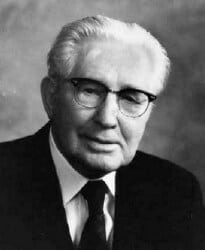
“Every man is a diary in which he writes one story while intending to write another. His humblest moment is when he compares the two.”
LDS Quotes on Humility

“Every man is a diary in which he writes one story while intending to write another. His humblest moment is when he compares the two.”
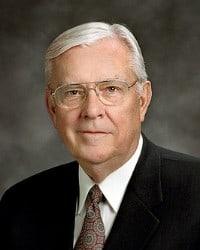
“If men come unto me I will show unto them their weakness. I give unto men weakness that they may be humble; and my grace is sufficient for all men that humble themselves before me; for if they humble themselves before me, and have faith in me, then will I make weak things become strong unto them.” [Ether 12:27] There are interesting things about that scripture, one is that the Lord gives us weaknesses – not sin, but weaknesses – so that we may be humble. Think about that for a moment. If we were perfect in every respect, it would be hard to be humble. Even in specific things, humility comes harder to those who are very strong in one area or another. The woman or man who is remarkably beautiful or handsome can easily become proud of her or his appearance. A brilliant scholar may look down in condescension on those less intellectually blessed. Our weaknesses help us to be humble.
| “Strong in the Lord, and in the Power of His Might,” March 3, 2002
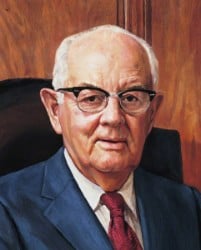
“If the Lord was meek and lowly and humble, then to become humble one must do what He did in boldly denouncing evil, bravely advancing righteous works, courageously meeting every problem, becoming the master of himself and the situations about him and being near oblivious to personal credit. . . .Humble and meek properly suggest virtues, not weaknesses. They suggest a consistent mildness of temper and an absence of wrath and passion. Humility suggests no affectation, no bombastic actions. It is not turbid nor grandiloquent. It is not servile submissiveness. It is not cowed nor frightened. No shadow or the shaking of a leaf terrorizes it…How does one get humble? To me, one must constantly be reminded of his dependence. On whom dependent? On the Lord. How remind one’s self? By real, constant, worshipful, grateful prayer.”
| “Humility,” BYU Speeches of the Year
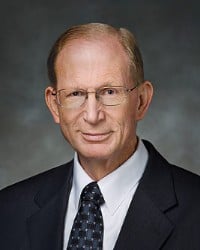
“The Savior’s perfect submission to the Eternal Father is the very essence of a broken heart and a contrite spirit. Christ’s example teaches us that a broken heart is an eternal attribute of godliness. When our hearts are broken, we are completely open to the Spirit of God and recognize our dependence on Him for all that we have and all that we are. The sacrifice so entailed is a sacrifice of pride in all its forms. Like malleable clay in the hands of a skilled potter, the brokenhearted can be molded and shaped in the hands of the Master.”
| A Broken Heart and a Contrite Spirit

“Like malleable clay in the hands of a skilled potter, the broken-hearted can be molded and shaped in the hands of the master.”
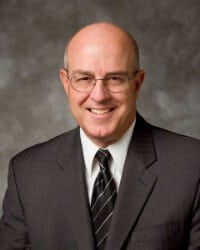
“Humility is the essence of repentance. Humility is selfless, not selfish. It doesn’t demand its own way or speak with moral superiority. Instead, humility answers softly and listens kindly for understanding, not vindication. Humility recognizes that no one can change someone else, but with faith, effort, and the help of God, we can undergo our own mighty change of heart. (See Alma 5:11-12, 26-31.) Experiencing the mighty change of heart causes us to treat others, especially our spouses, with meekness. (See Moroni 7:43-48; 8:25-26.) Humility means that both husbands and wives seek to bless, help, and lift each other, putting the other first in every decision. Watch and learn: repentance and humility build happy marriages.”
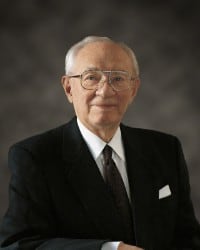
“Generally speaking, the most miserable people I know are those who are obsessed with themselves; the happiest people I know are those who lose themselves in the service of others…By and large, I have come to see that if we complain about life, it is because we are thinking only of ourselves.”
| “Whosoever Will Save His Life”
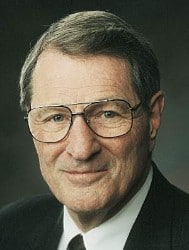
“I am going to preach a hard doctrine to you now. The submission of one’s will is really the only uniquely personal thing we have to place on God’s altar. It is a hard doctrine, but it is true. The many other things we give to God, however nice that may be of us, are actually things He has already given us, and He has loaned them to us. But when we begin to submit ourselves by letting our wills be swallowed up in God’s will, then we are really giving something to Him. And that hard doctrine lies at the center of discipleship.”
| “Insights from My Life,” Ensign, August 2000, p. 9
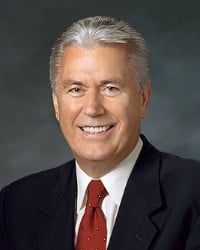
“Pride is a switch that turns off priesthood power. Humility is a switch that turns it on.”
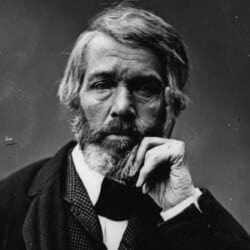
“The greatest of all faults is to be conscious of none.”